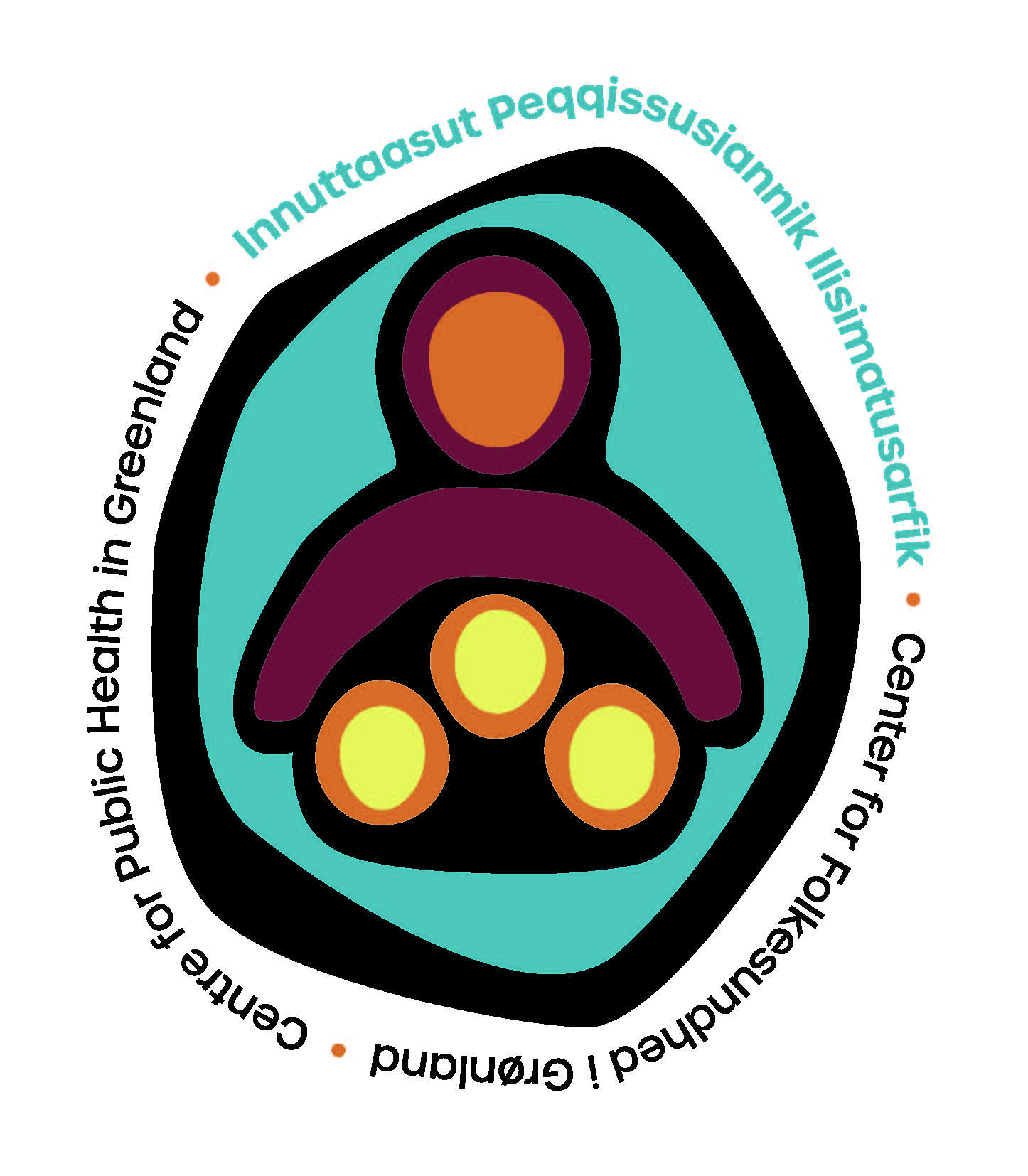Within a short period of time, Greenland has undergone profound changes from a hunting society to a modern industrial and knowledge society. This has taken its toll on public health.
The major public health challenges include increasing obesity in the population, increased prevalence of lifestyle diseases, such as diabetes and cardiovascular disease, and an adult population where over half are still smoking daily.
Among children and adolescents, difficult upbringing conditions are widespread. In particular, this affects mental health for the rest of one’s life, and the occurrence of suicidal behaviour and suicide remains high.
The National Institute of Public Health’s research on the health of Greenland’s population is gathered in the Centre for Public Health in Greenland.
The Centre conducts research pertaining to health and morbidity on the basis of nationwide population surveys among adult Greenlanders. Population surveys are carried out by mandate from Greenland’s Self Government, with the aim of ensuring that public health is monitored soundly.
The Centre’s core tasks are:
- to monitor public health in Greenland in relation to the Greenlandic public health program ‘Inuuneritta II’.
- to generate new research-based knowledge that can help improve overall public health in Greenland.
- to carry out nationwide population surveys.
- to provide research-based advice to Greenland’s Self-Government, including evaluations, investigative tasks and development of local health promotion projects.
There are departments of the Centre in Copenhagen and Nuuk.
